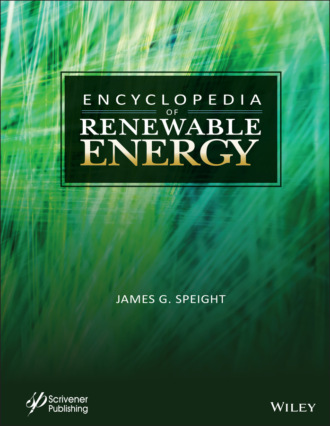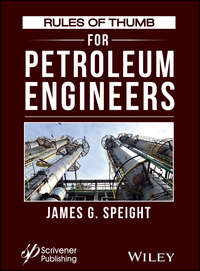
Полная версия
Encyclopedia of Renewable Energy
[b]ENCYCLOPEDIA OF RENEWABLE ENERGY[/b] [b]Written by a highly respected engineer and prolific author in the energy sector, this is the single most comprehensive, thorough, and up-to-date reference work on renewable energy. [/b] The world’s energy industry is and has always been volatile, sometimes controversial, with wild swings upward and downward. This has, historically, been mostly because most of our energy has come from fossil fuels, which is a finite source of energy. Every so often, a technology comes along, like hydrofracturing, that is a game-changer. But is it, really? Aren’t we just delaying the inevitable with these temporary price fixes The only REAL game-changer is renewable energy. For decades, renewable energy sources have been sought, developed, and studied. Sometimes wind is at the forefront, sometimes solar, and, for the last decade or so, there has been a surge in interest for biofeedstocks and biofuels. There are also the “old standbys” of nuclear and geothermal energy, which have both been around for a very long time. This groundbreaking new volume presents these topics and trends in an encyclopedic format, as a go-to reference for the engineer, scientist, student, or even layperson who works in the industry or is simply interested in the topic. Compiled by one of the world’s best-known and respected energy engineers, this is the most comprehensive and up-to-date encyclopedia of renewable energy ever written, a must-have for any library. [b][i]Encyclopedia of Renewable Energy: [/i][/b] Is written in an encyclopedic style, covering every aspect of renewable energy, including wind, solar, and many other topics Offers a comprehensive coverage of the industry, from the chemical processes of biofeedstocks and biofuels to the machinery and equipment used in the production of fuel and power generation Is filled with workable examples and designs that are helpful for practical applications Covers the state of the art, an invaluable resource for any engineer [b]Audience [/b] Engineers across a variety of industries, including wind, solar, process engineering, waste utilization for fuels, and many others, such as process engineers, chemical engineers, electrical engineers, petroleum engineers, civil engineers, and the technicians and other scientists who work in this field









